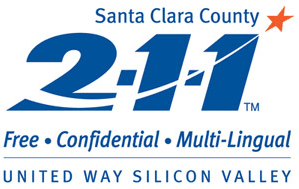Planned Giving
When deciding upon your estate planning strategy, you may wish to consider a charitable contribution to Advent in your plan. In addition to benefiting our ministry, you may also receive a steady stream of income, as well as potential tax benefits.
There are numerous options for setting up a charitable contribution in your estate plan. Below is a brief description of a few common types of giving vehicles. These descriptions are general. Please consult a financial planner for detailed information and plans that will meet your specific needs.
If you would like to discuss including Advent in your planned giving, please email us or call us at 408-281-0708.
Bequest in a Will
You may wish to designate Advent as a beneficiary of your estate in your will.
Retirement / IRA Account
Your IRA may be transferred to Advent upon your death. Advent will not incur any income tax because the proceeds are tax-exempt.
Life Insurance Policy
A donor may choose to designate Advent as a beneficiary on their life insurance policy. You many also donate an existing policy that is no longer needed, or even establish a new policy specifically for the charity. There are potentially significant tax benefits when a donor purchases a policy specifically for the charity.
Charitable Remainder Trust
A charitable remainder trust is one of the most popular charitable giving vehicles. Cash or other assets are put into the trust and a donor receives payments, determined by the age of the donor. At the death of the donor, the balance is transferred to Advent.
Charitable Lead Trust
A charitable lead trust is a trust designed to reduce the taxes upon the estate of the deceased. This is accomplished by donating a portion of the trust to a charity (or charities) until all the taxes are reduced. After a specified period of time, the estate is transferred to the beneficiaries, who will usually face lower taxes.
Charitable Gift Annuity
A charitable gift annuity enables you to transfer cash or other property to a charity, in return for a current income tax deduction and the charities promise to make fixed, annual payments to you for life. Annuity payments can begin immediately or can be deferred to some future date.




